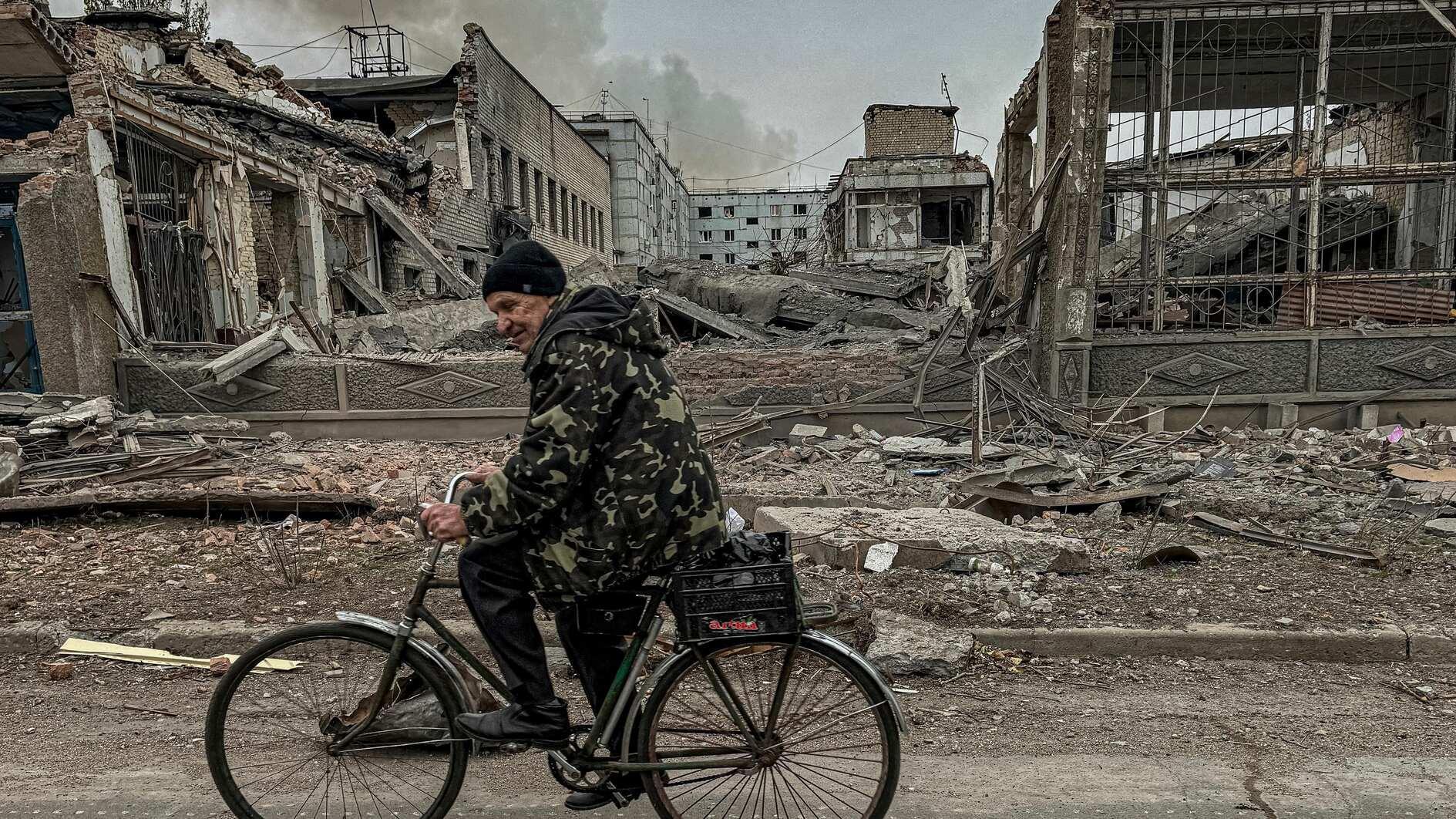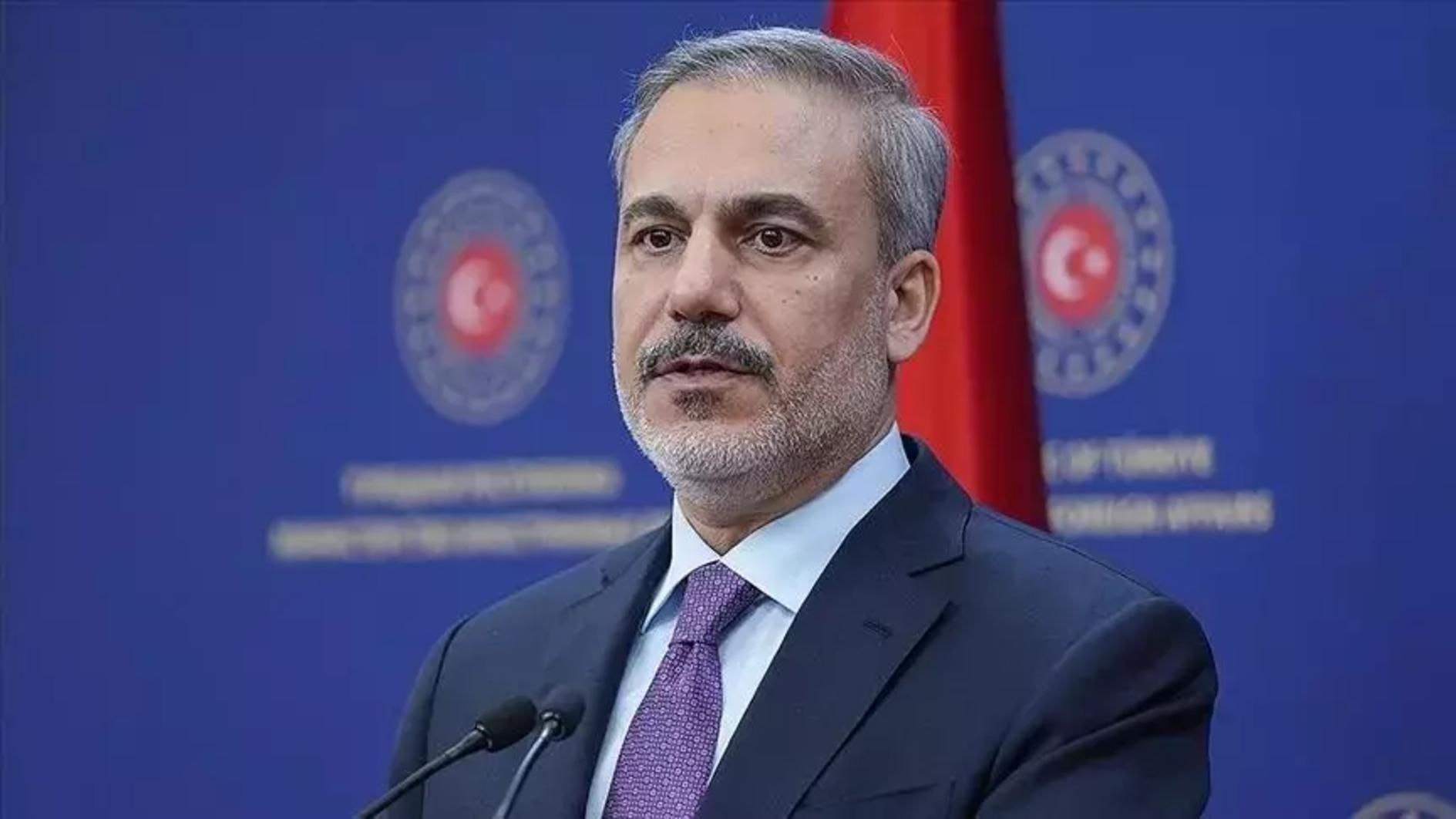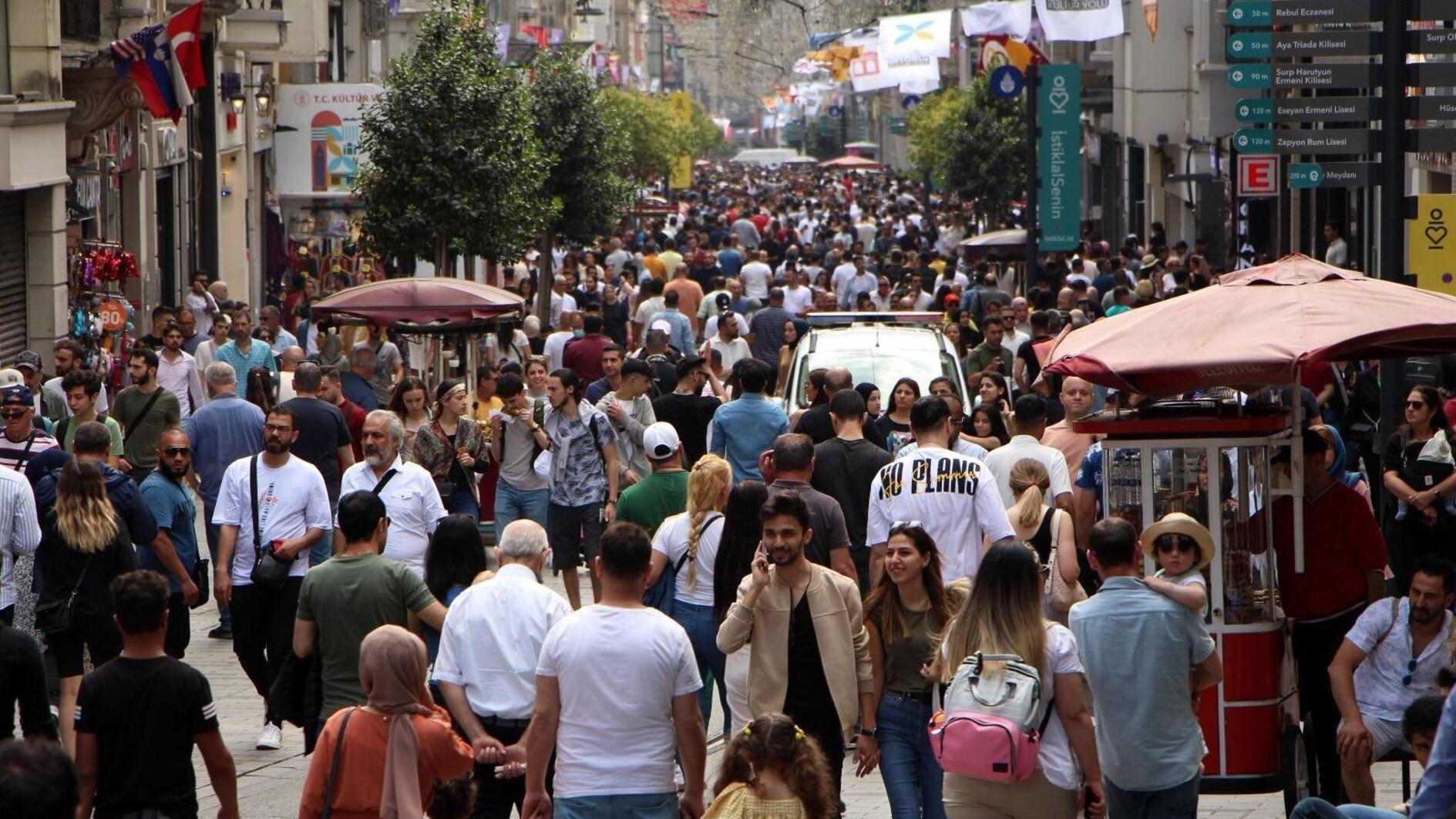What should the EU do about Turkey?
The British Chamber of Commerce in Turkey organized a business summit in Turkey last week. On its website, it gives the list of projects as proof of why British business should be interested in Turkey; among them, the third airport for Istanbul, the third Bosphorus Bridge and the Bosphorus Canal are named.
All three are controversial projects, but aside from the first two, Canal Istanbul, which Prime Minister Recep Tayyip Erdoğan has himself called “crazy,” is actually seen as “dangerously crazy” by scientists specializing on the environment, geology and urban planning.
I am not naive enough to think that foreign capital, let alone British, should be environmentally friendly. Who cares if a project will destroy a city, so long as they do not reside there and money continues to pour into their coffers?
Leaked audio recordings have shown us that while we thought Turkey was making progress to become a liberal market economy, it was actually governed like Turkmenistan. Still, “at the end of the day, don’t they do business with Turkmenistan?” asked a friend of mine, talking about global investors. Find a partner close enough to “Erdoğan,” or “Bilal,” and let the money pour in.
However, what has been possible as far as lucrative business is concerned in Turkey, during the last decade of Justice and Development Party (AKP) governance, might no longer be valid in the short to medium term.
Unless the prime minister gives up his lust for authoritarian rule, which is quiet unlikely, it is going to become very difficult for him to govern the country, even if the AKP ends up getting more than 40 percent of the votes in the municipal elections.
Erdoğan thinks the more votes he gets, the more his hands will strengthen in ruling the country. But that might prove wrong. A high percentage of votes for the AKP (let’s say half of them), will increase the frustration of the other half, which has not questioned the legitimacy of a conservative government for the last decade as it has not felt threatened. But they now increasingly feel that their lifestyles are threatened, so their frustration will increase much more in the event of a high turnout in AKP votes. And as Erdoğan is expected to continue his polarization strategy ahead of general elections, the masses that feel excluded and otherized will challenge the “moral” legitimacy of Erdoğan and government. This will be interpreted by Erdoğan as disrespect to the ballot box and undemocratic. However, it is not the loss of confidence in the ballot box or democracy, but rather the loss of trust in a liberal understanding of democracy on the part of Erdoğan, that will force the AKP’s opponents to find ways to challenge the government. And as tension continues, it will not be business as usual.
I can now get to the answer of the question in the title. Sometimes we are asked by foreign observers, “What should the EU do?”
First of all, this is a problem where the remedy is within the system, not outside. The European Union as an institution can’t do much. Suspending accession talks will have no consequence, since they are already nearly at a stand still and Erdoğan couldn’t care less anyway. Strong statements from Stephan Füle or Jose Manuel Barosso (please don’t take it personally) won’t help either. It’s like words on ice.
However, there are some other ways.
I recall very vividly that in the 1990s, when there was major backpedalling on democracy and human rights like sending selected Kurdish parliamentarians to prison, EU leaders, together with the U.S., took joint action. Either they would pick up the phone directly or send joint letters expressing concern.
Silence is seen as tacit understanding by Erdoğan, and he would not care if Mr. X from the White House press department makes a statement (however strong) anyway.
When I recalled that, I was told by a European diplomat that world leaders had other priorities on their plate at the moment. But economic recovery is an important priority for Europe and the fact that lucrative business in Turkey is jeopardized by the rise of authoritarian rule could perhaps make it to the top of their list of problems.











